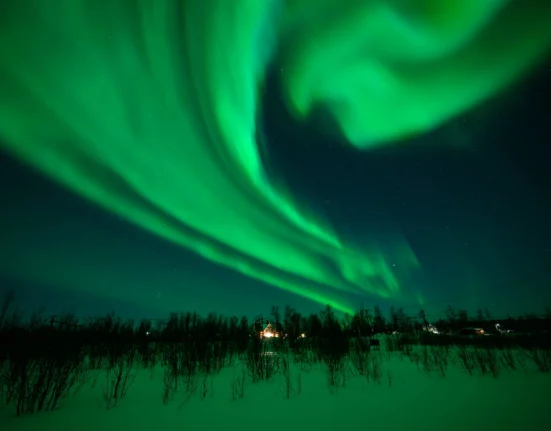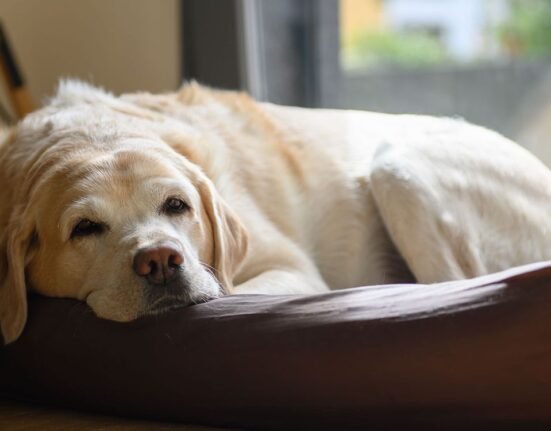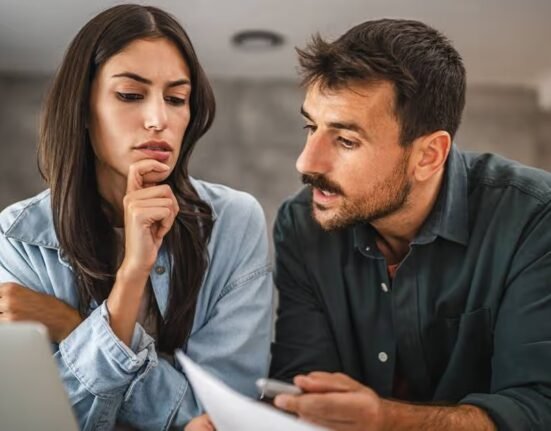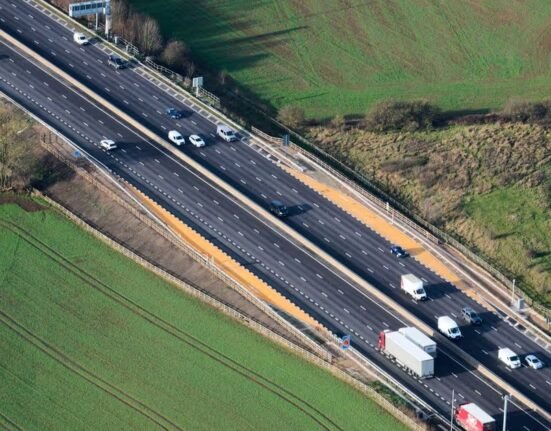I was just finishing dinner on the night Hurricane Milton hit Sarasota. The lights started flickering, the TV went off and back on, and I had just enough time to get the dishes in the sink when the power went out for good, putting us in the dark in multiple ways.
It was already getting dark outside after sunset, but we were suddenly in the dark about what was happening outside or nearby.
A power outage means that all the technological advances that keep us connected in different ways become irrelevant and unavailable, at least for most people.
I was prepared with candles, flashlights, battery-powered lanterns and a small battery-operated fan, items that had barely made it back in the storage box after Hurricane Helene, after which I did not lose power.
With a little candle light, to save the batteries, I sat with a friend who evacuated to my house listening to the rain on the metal roof and the winds beginning to howl. We were able to see the trees bending every which way with each new gust.
What we could no longer see or hear were the various meteorologists and reporters we had been watching for hours as the storm approached, so it was impossible to know how much better or worse it might get.
I also had a trusty battery-operated radio, and I wisely made a list of all the radio stations that were simulcasting Sarasota and Tampa TV stations. Except some of them weren’t available, or I couldn’t pick them up.
During Helene, I was able to stay tuned to the 24-hour coverage, switching from one station to another. But this time it was harder. Maybe my metal roof limited the reception, or maybe I wrote some station numbers down wrong (I don’t think so) because a few were playing music each time I tried. If Sarasota’s ABC7 had their broadcast connected to any of the stations they had promoted all afternoon, I couldn’t find or hear them.
We could occasionally pick up broadcasts from WFLA and WFTS in Tampa. But by then, I didn’t need to hear the broadcast. I figured out all on my own when we were in the eye, my first time with that experience. It was suddenly quiet and calm outside. You’d almost think it was over. I know neighbors took advantage of the time to take their dogs out.
But that calm didn’t last long before the back side of the eye wall started, sounding even angrier, and we spent what seemed like an hour or more listening to something thumping against the walls. I thought it might be patio furniture or my grill that I had wedged into a corner. I later realized it was just the wind.
When the power goes out…
Most of the TV stations I watch promote their phone apps by saying that “when the power goes out you can keep stay connected.” Except you can’t unless you have a better phone or cell service than I do. Apps don’t work for me without WiFi. It took a couple of days before I could even access websites while standing outside my house.
It was still a challenge to keep up with the aftermath, too. I couldn’t even see my own newspaper’s output. By the time a friend got power at her house, l was overwhelmed trying to read about the extent of the damage.
Days after the storm I saw a post on X (formerly Twitter), with a video from Sarasota County government about where people could go for gas, water and meals. But you can’t watch videos without cell service, and I suspect people with power were the only ones who could watch.
I am one of the many lucky ones who didn’t face serious damage. A huge branch fell from a large oak tree, but thankfully missed hitting my house, and a neighbor I just met after the storm came over with a chain saw and cut it up while I was away from the house working. Another neighbor brought his two sons to help haul away the largest logs that I couldn’t lift.
There was a great sense of community spirit in the aftermath, as we’ve seen in storm after storm. Suddenly we’re all outside raking and bagging and helping one another. Several of my neighbors gathered for dinner over the weekend for a cookout of the food that was defrosting in our freezers. It was a good bonding experience.
But how can we make new technology more effective so that the information that my colleagues and others are putting out can be more easily received? Is there a better way to notify friends and relatives who send text or Facebook messages of concern? We might try to reply but who knows if the messages go through. Days later I found several that didn’t.
Maybe it’s too much to ask. Storms like Milton, along with tornadoes, earthquakes and wildfires are called “natural disasters” for a reason. They shake us out of our routines and force us to deal with the basics. Maybe I don’t need to know everything when it is more important to make sure I am safe and I am able to help neighbors feel the same.
Follow Jay Handelman on Facebook, Instagram and Twitter. Contact him at jay.handelman@heraldtribune.com. And please support local journalism by subscribing to the Herald-Tribune.







